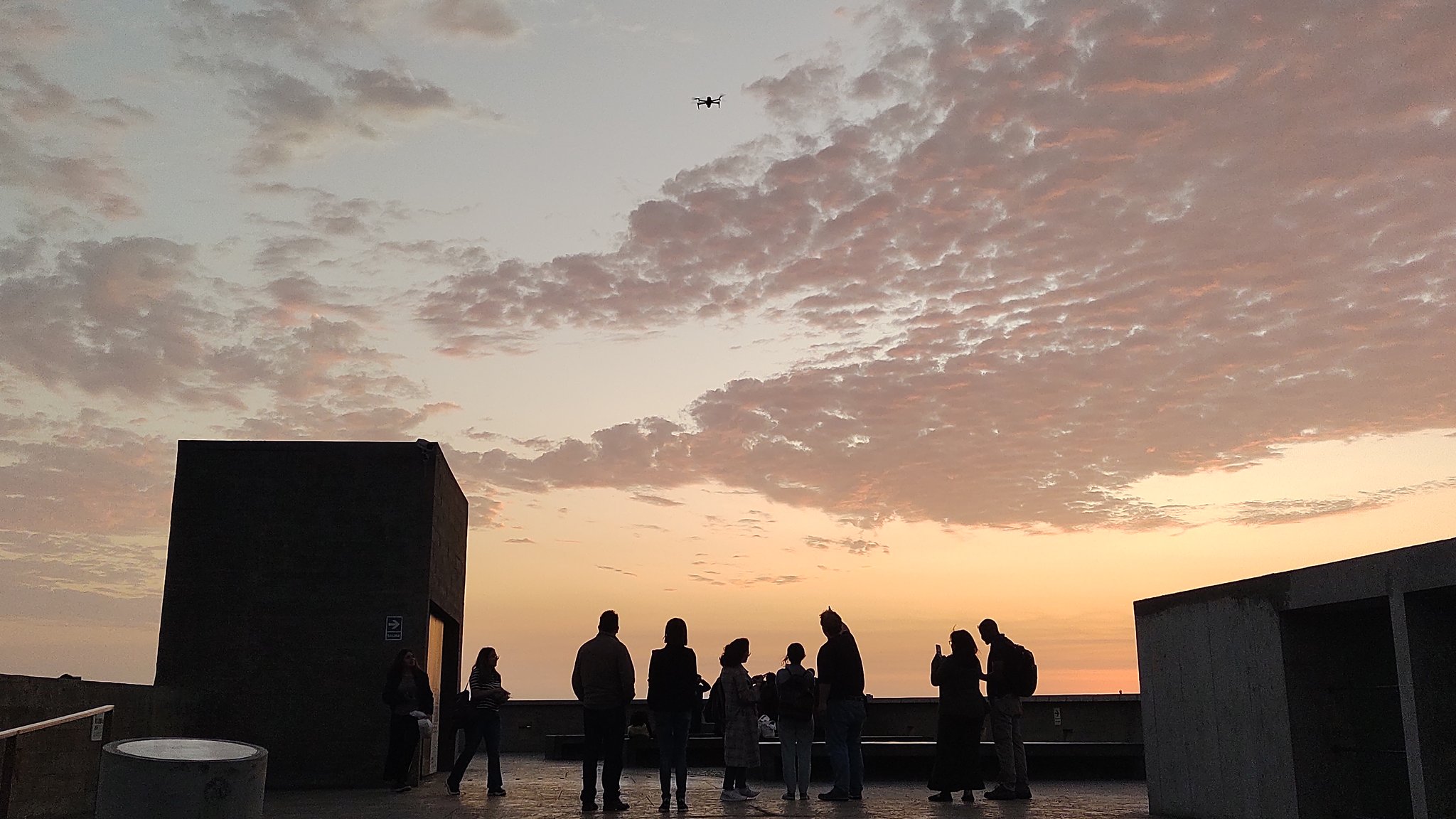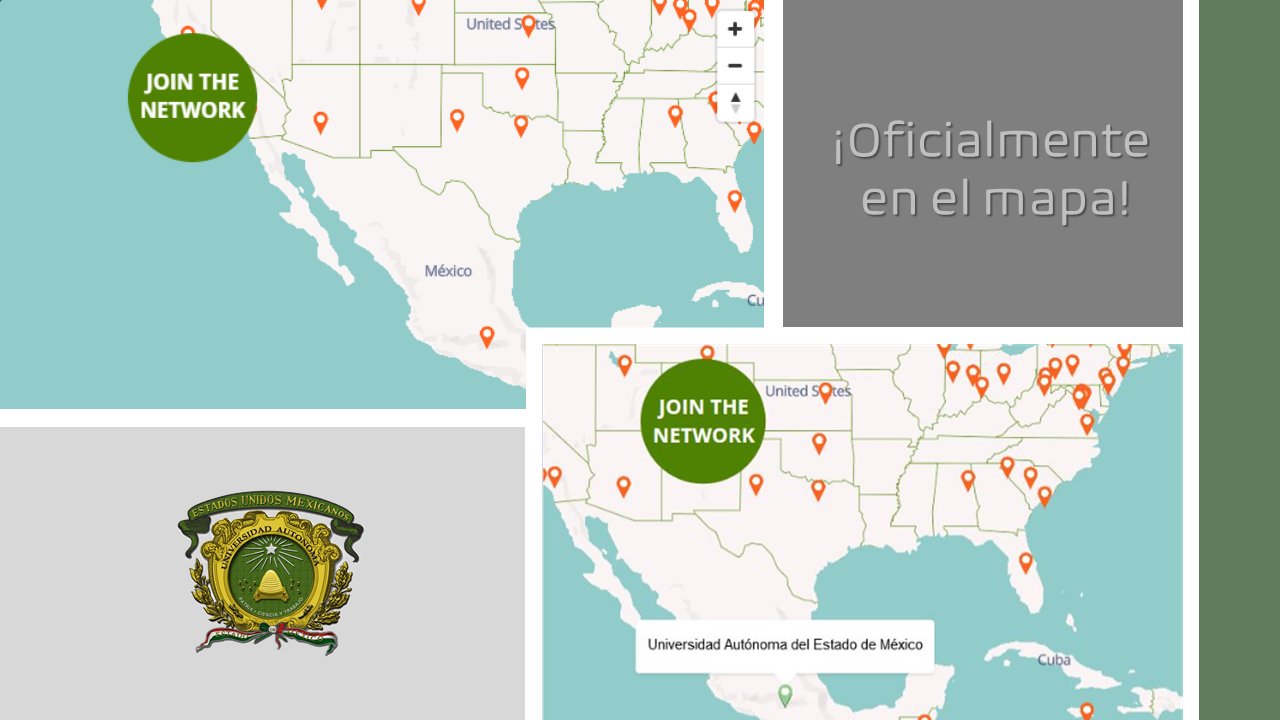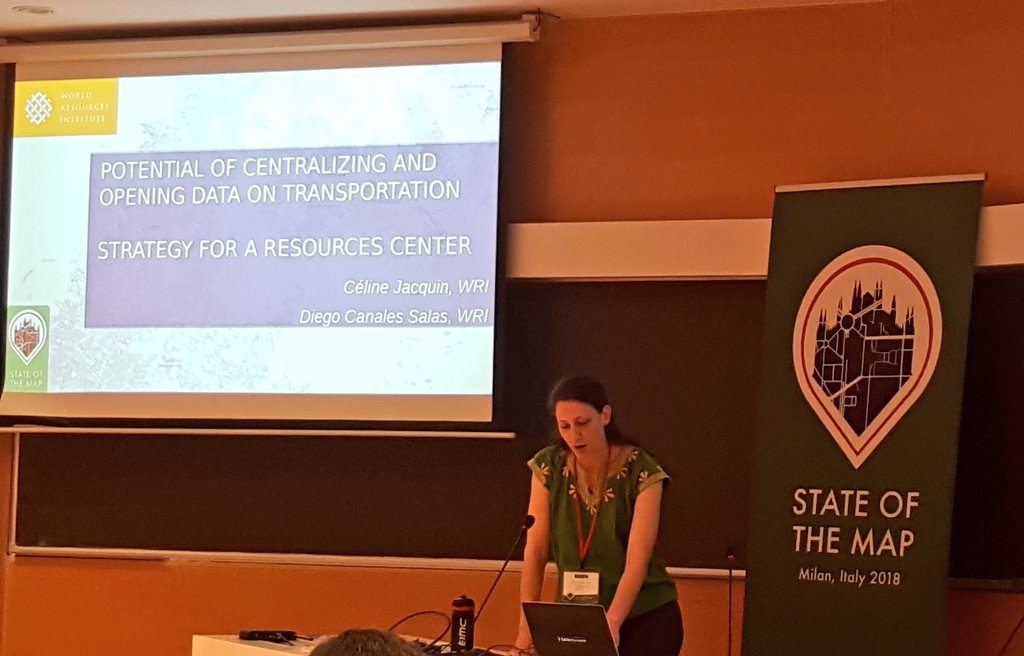I have not participated in so many State of the Map conferences, only in two LATAM conferences, the first one being Sao Paulo in 2016, historical for me since the Geochicas were founded on this occasion and the following year in 2017 in Lima. I also participated in a Global conference in Milan (2018).
These conferences have seemed fundamental to me because of the links they generate, strengthen and activate. The OSM universe has a remote reality where in a somewhat miraculous way very strong human bonds of friendship, collaboration, emulation, creation, where it is possible to generate governance issues, where it is possible to build agendas and develop them. However, the face-to-face coexistence brings to this an additional unfailing strength: the friends we make at the State of the Map conferences remain forever. In addition, obviously, we discover themes, ways of impacting reality thanks to collaborative mapping, we update ourselves, we connect with people, companies, institutions and we all grow together.
That powerful sub-communities like Geochicas have emerged stimulated by one of these conferences is telling, Geochicas now being recognized globally for the actions and leadership it builds, and for what it manages to bring to the open technology communities of the geospatial world.
By connecting with people at these conferences, we also build bridges between national and regional communities allowing individuals to bring valuable knowledge in other contexts. I think of my connection with Jorge PB from Cuba, from SOTM Sao Paulo, which has led me to participate in other conferences in Cuba contributing there, I hope, some grain of sand.



 It can be viewed at
It can be viewed at 